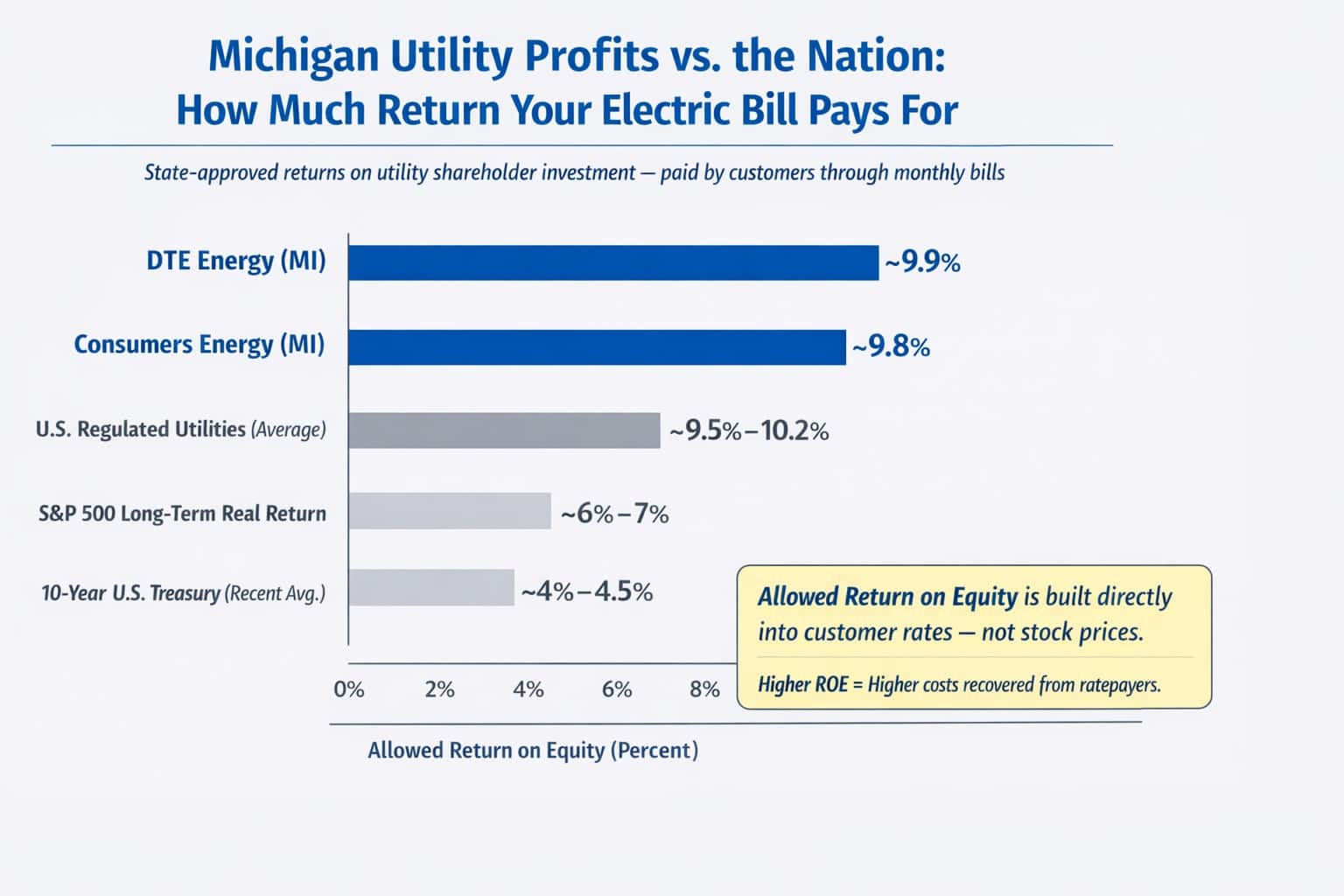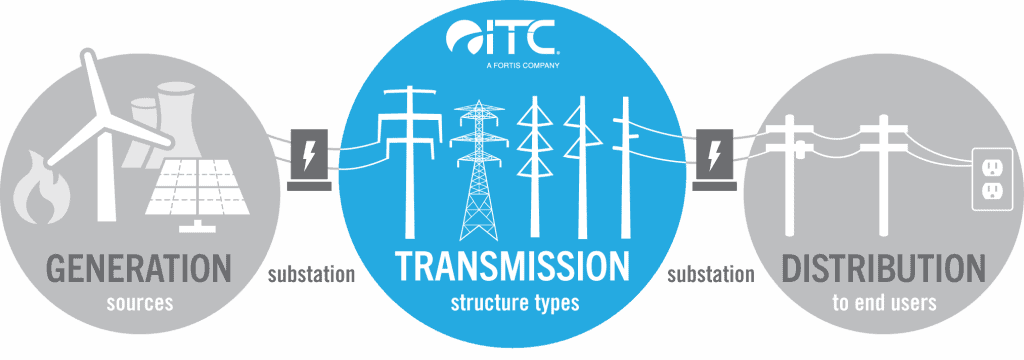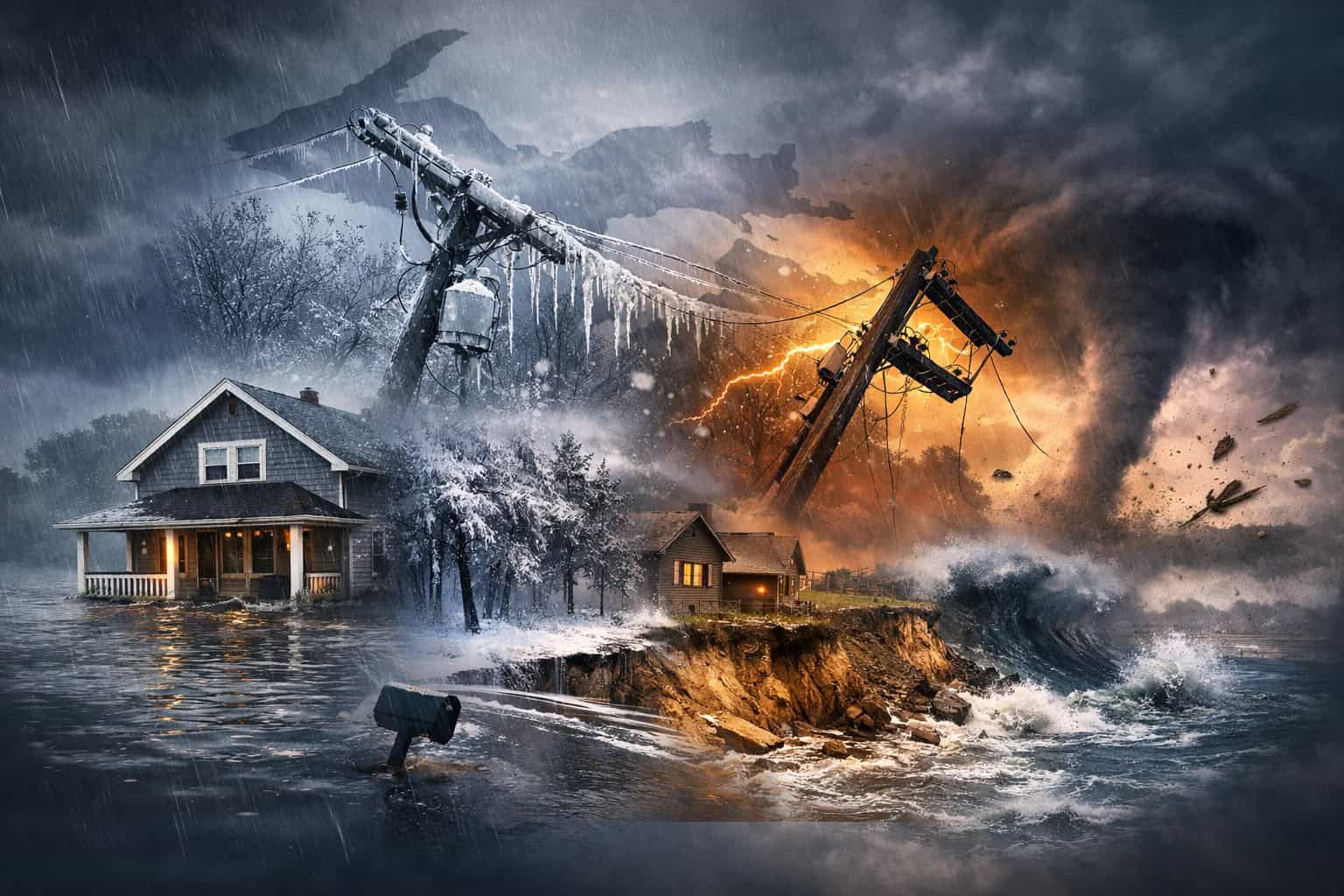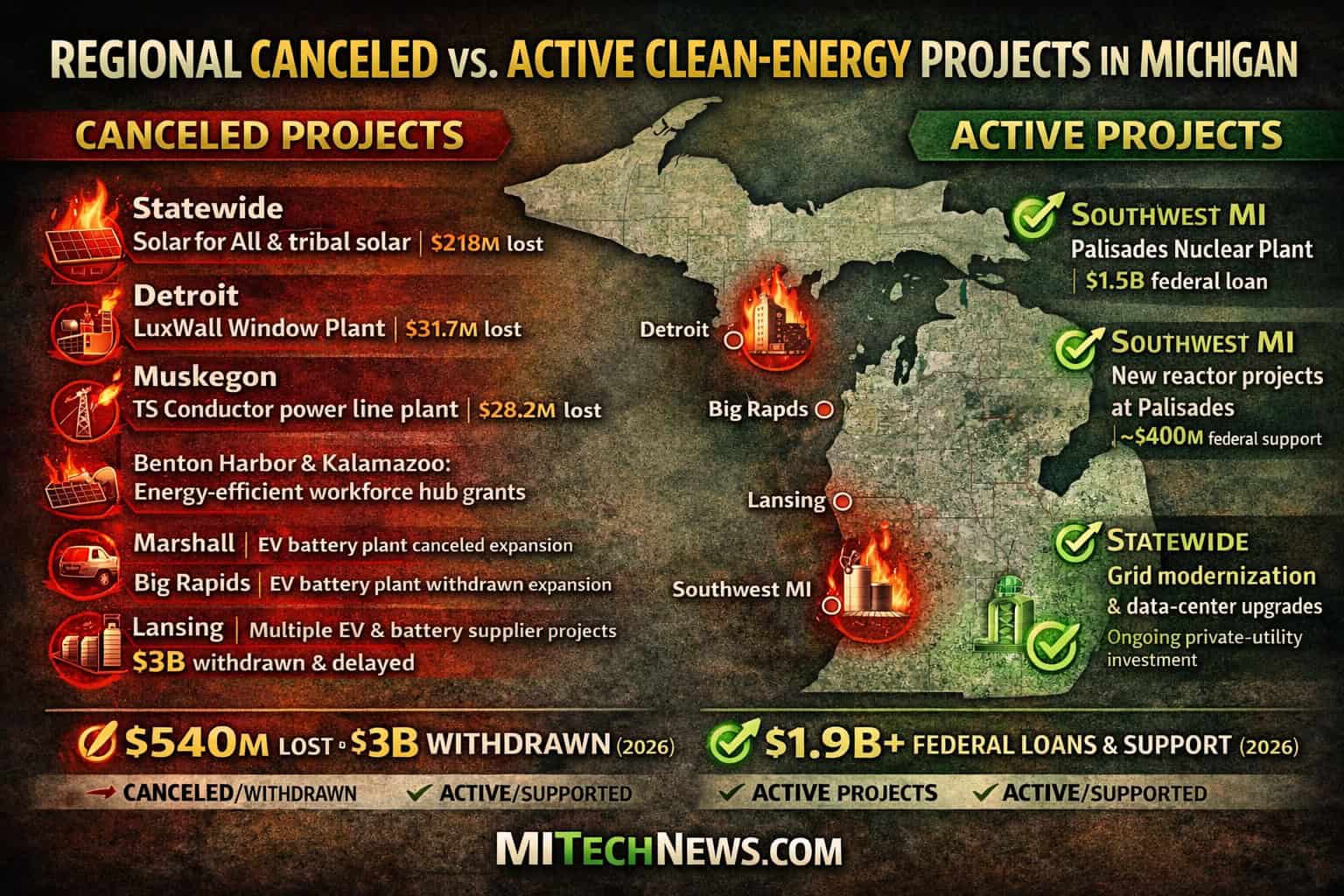LANSING – The Public Service Commission on Monday estimated that energy supplies in Michigan would be adequate to meet anticipated demands this winter, and overall annual demand for natural gas and electricity are expected to increase slightly in 2014 as a result of deviations from normal weather.
Assuming a return to normal weather for the 2014-15 heating season, the usage of all heating fuels is expected to decrease significantly from last winter, the PSC said in a statement. Accompanying this decrease in usage is an expected reduction in fuel prices for both heating oil and propane, while natural gas will experience a slight uptick as utilities recover unanticipated expenses from last winter.
Accounting for both fuel price changes and anticipated normal winter weather, average expenditures for both heating oil and propane customers could decrease by as much as 20 or 30 percent, respectively, for the 2014-15 winter, the commission estimated. Natural gas utility customers are expected to see a 9 percent reduction in winter heating bills.
Assuming normal weather for the rest of the year, electricity and natural gas sales in 2014 are expected to increase by 0.8 percent and 1 percent, respectively. The increase in electricity demand is primarily driven by an industrial sector expected to grow usage by 3 percent (residential demand is projected to remain flat and commercial to see a slight increase). The increase in natural gas sales was largely due to the colder-than-expected temperatures last winter and continued growth in the industrial sector, the PSC noted.
But both electricity and natural gas sales could have been much higher had there not been such a mild summer in terms of temperatures. In fact, due to that cool summer, natural gas demand for electric power generation is expected to be lower this year, currently estimated at 19 percent below the five-year average for the sector.
Total petroleum consumption in 2013 rose by 2.5 percent, the largest annual increase since 2004, the PSC said. The increase can be attributed to a nearly 2 percent increase in gasoline consumption and 8.5 percent increase in propane consumption due to extreme winter temperatures. Production is expected to average 9.5. million barrels per day in 2015, reaching levels not seen since the 1970s. The increase has helped drop crude oil prices more than 15 percent since summer.
Similarly, gasoline sales are projected to increase by less than 1 percent in 2014, the PSC estimated. The Energy Information Administration attributes the sluggish demand to increases in vehicle fuel efficiency, which is somewhat offset by increased highway driving (since October 2007, gas mileage of new vehicles has improved approximately 26 percent, from 20.1 mpg to 25.3 mpg, according to the U-M Transportation Research Institute).
And total distillate fuel sales in Michigan are projected to increase by 2.9 percent to 1.09 billion gallons in 2014, the PSC projects. In recent years, heating oil has become an increasingly small component of the overall distillate picture in Michigan because fewer homes use it as a primary heating source. This year, however, a significant uptick in usage was noted for the beginning of 2014 due to extreme winter weather.
WINTER PREP: The Public Service Commission also urged residents to begin taking precautionary measures for the winter and touted its website with information on low-cost ways to reduce energy usage, energy assistance programs to prevent shut-offs, weatherization assistance programs, and more.
This story was provided by Gongwer News Service. To subscribe, click on Gongwer.Com






